If you’ve ever found yourself captivated by the endearing antics of a guinea pig, you’re not alone. These charming little creatures have a way of wiggling into our hearts with their expressive sounds and distinctive body language. But what are they really trying to tell us? Let’s delve into the fascinating world of guinea pig communication to help you better understand your furry friend.
Guinea Pig Sounds: What Are They Saying?
Wheeking: The Food Call
Ever noticed a loud, high-pitched noise when you’re near the food supply? That’s your guinea pig wheeking. This sound is their enthusiastic way of saying, “Hey, I know you have food, and I want some now!” It’s hard not to smile when you hear it, and it’s a great reminder of how much joy these little animals bring into our lives.
Purring: Contentment or Discomfort?
Guinea pig purring can be a bit tricky. A soft, low purr usually means your pet is content, much like a cat’s purr. However, a higher-pitched purr can indicate discomfort or irritation. Pay attention to the context and other signals your guinea pig is giving off to understand the true meaning behind their purring.
Rumbling: Dominance and Romance
When you hear a deep, vibrating rumble, your guinea pig might be asserting dominance or courting a mate. This sound is often accompanied by a slow, swaying walk known as rumble strutting. It’s a fascinating display of their social dynamics and a peek into their natural behaviors.
Teeth Chattering: Back Off
Teeth chattering is a rapid clicking sound that usually signals annoyance or aggression. If you hear this, it’s best to give your guinea pig some space. They’re telling you—or another guinea pig—that they need some time alone.
Hissing: Fear and Anger
A quick, sharp hiss is a clear sign of fear or anger. This sound can be startling, but it’s important to recognize it as a signal that your guinea pig feels threatened and needs to be calmed and reassured.
Cooing: Affection and Comfort
When your guinea pig coos, it’s a gentle, reassuring sound that indicates they feel safe and affectionate. It’s one of the sweetest sounds you can hear, showing that your guinea pig trusts you and feels comfortable in your presence.
Shrieking: Pain or Extreme Fear
A loud, high-pitched scream or shriek is a distress call. This indicates pain or extreme fear and should be taken very seriously. If you hear this sound, check on your guinea pig immediately to ensure they’re safe and not injured.
Whining: Displeasure or Discomfort
A soft, whimpering whine often signals that your guinea pig is uncomfortable or displeased. Maybe they’re not a fan of how you’re holding them, or perhaps they’re in a situation they don’t like. Listening to this sound can help you make your pet’s environment more comfortable.
Chirping: A Rare Enigma
Chirping is a rare, bird-like sound that can leave even experienced guinea pig owners puzzled. While its exact meaning is unclear, it’s often associated with stress or confusion. It’s a reminder of the mysterious and unique nature of these wonderful pets.
Guinea Pig Body Language: Reading Their Moves
Popcorning: The Joy Jumps
One of the most delightful behaviors to witness is popcorning, where your guinea pig makes sudden, joyful jumps into the air. This display of excitement and happiness is contagious and shows just how much they love life.
Freezing: A Moment of Caution
When your guinea pig suddenly stays completely still, they’re freezing. This is often due to fear or caution, as they’re trying to assess a potential threat. It’s their way of staying safe in an uncertain situation.
Sniffing: The Curiosity Quirk
Guinea pigs use their noses to investigate their surroundings and each other. Sniffing is a common behavior that shows they’re curious and engaged with their environment. It’s also a way for them to communicate and gather information.
Touching Noses: A Friendly Hello
When guinea pigs touch noses, it’s a friendly greeting or a sign of affection. It’s akin to a handshake or a hug in the human world, showing that they’re comfortable with each other or with you.
Aggressive Actions: Biting, Lunging, and Chasing
These behaviors are clear signs of dominance or irritation. If your guinea pig starts biting, lunging, or chasing another, they’re asserting their place in the social hierarchy or showing that they’re not happy with the current situation.
Strutting: The Confident Walk
Strutting is a proud, confident walk that’s often related to mating behavior or dominance. It’s like watching a little parade as your guinea pig shows off their confidence and status.
Scent Marking: Claiming Territory
When your guinea pig rubs their body on objects, they’re scent marking. This behaviour is all about claiming territory and making their environment feel familiar and safe.
Mounting: Dominance or Mating
Mounting can be a display of dominance or part of mating behaviour. It’s another aspect of their complex social interactions and a natural part of their behaviour.
Fidgeting While Being Held: Let Me Down
If your guinea pig starts fidgeting while being held, it’s a clear sign they’re uncomfortable or want to be put down. Respecting this signal helps build trust and ensures your pet feels safe and secure.
Tossing Head in the Air: Annoyance or Shaking Off
When your guinea pig tosses their head in the air, they might be expressing annoyance or trying to shake off something that’s bothering them. It’s a small but telling gesture that helps you understand their mood.
Licking: Love and Curiosity
Licking can be a sign of affection, much like a kiss, or it can mean your guinea pig is tasting something interesting. Either way, it’s a sweet and gentle behavior that shows their curiosity and affection.
Running Away From Being Picked Up: Fear or Discomfort
If your guinea pig runs away when you try to pick them up, they might be feeling afraid or uncomfortable with being handled. Taking the time to gently and slowly gain their trust can help them feel more secure.
Understanding the sounds and body language of your guinea pig is key to building a strong, loving relationship with your pet. By paying attention to these signals, you can ensure they feel safe, happy, and well cared for. These small, expressive creatures have so much to tell us if we just take the time to listen and observe. Happy guinea pig parenting!




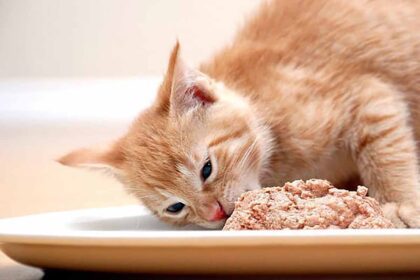
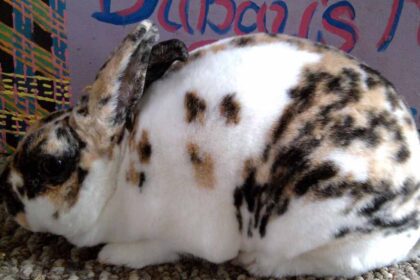
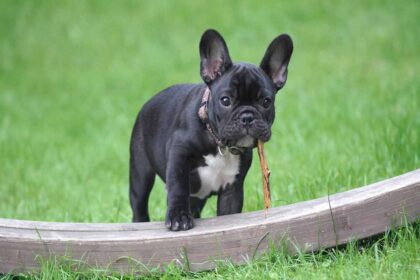
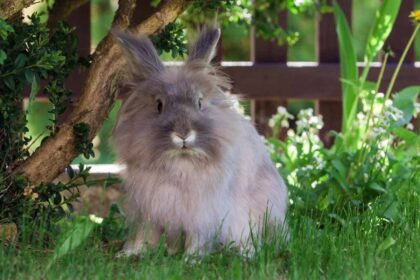


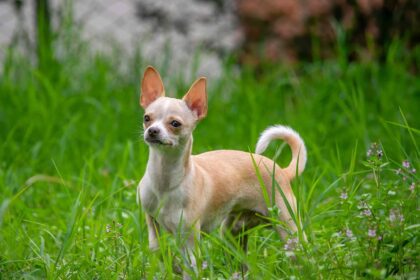
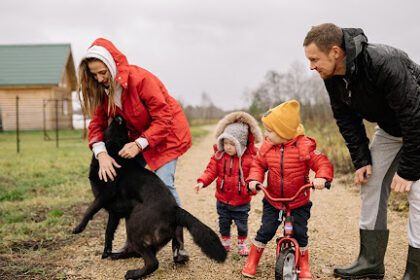
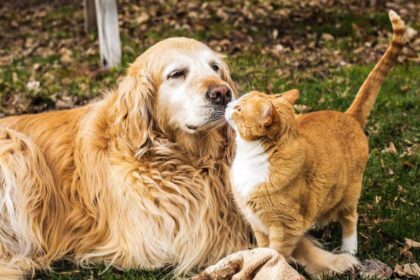

Comments are closed.